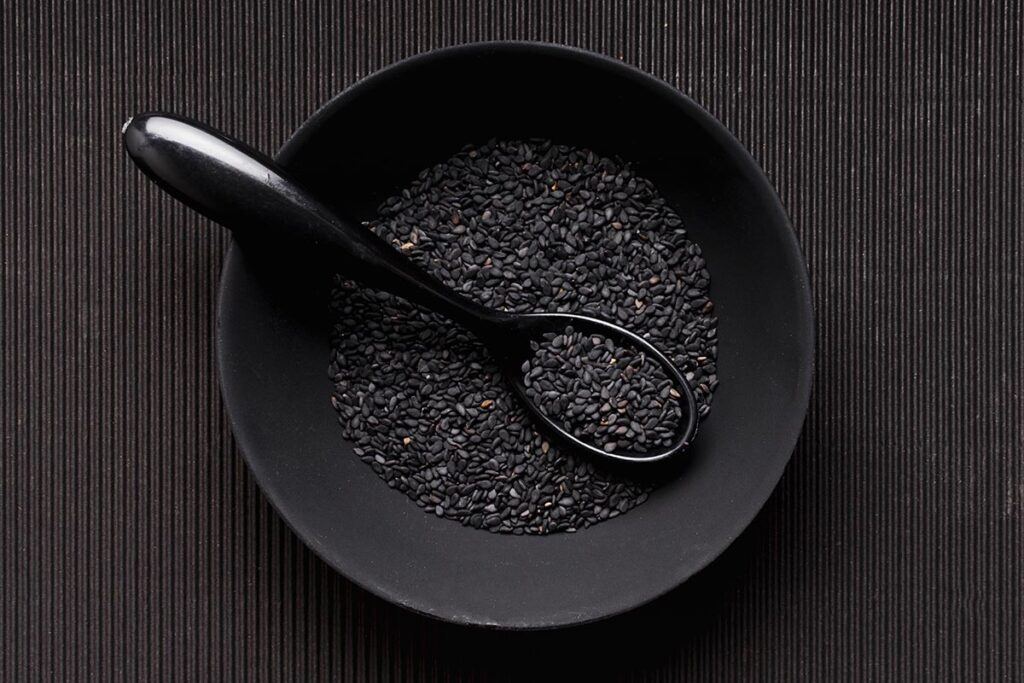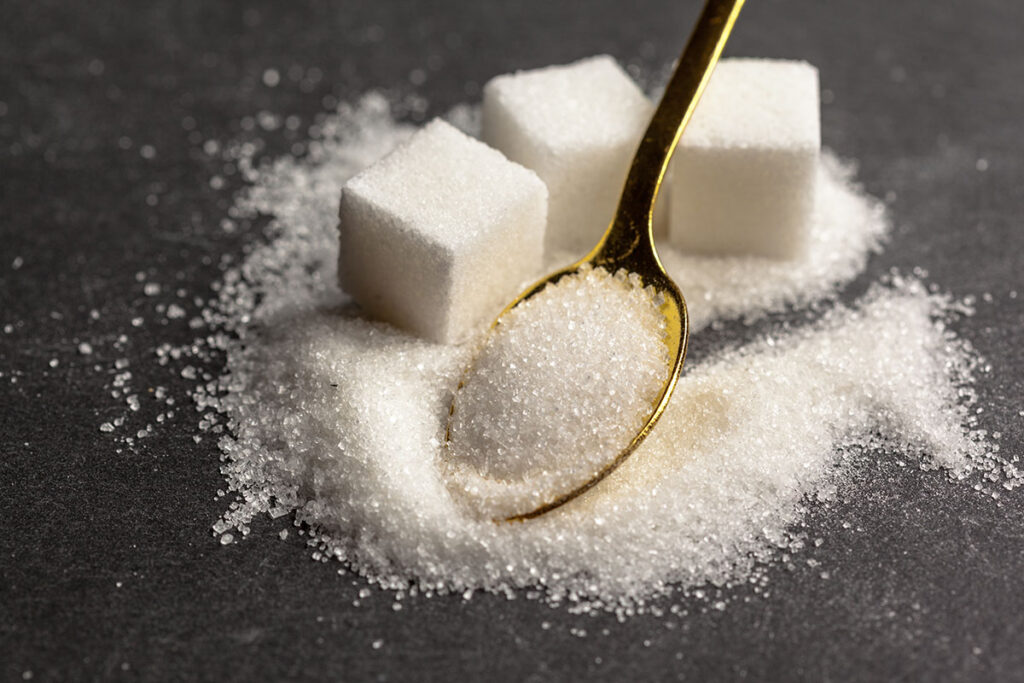

In the midst of globalisation and rapid urbanisation, the past few decades have transformed the way we eat. The canvas of the global food landscape has been dramatically repainted, with ultra-processed foods now casting a prominent shadow. Defined by their extensive list of additives, soaring sugar levels, and excessive unhealthy fats, these products have become a ubiquitous presence – from the aisles of local supermarkets to the glowing menus of fast food chains, and even within the confines of our own kitchen cabinets. The allure of their taste, often expertly engineered to captivate our palates, combined with the seductive ease of preparation, has made them a staple in many diets. However, beneath their shiny wrappers and appetising appearances lies a lesser-known narrative – one that hints at concerning health implications. This exploration aims to shed light on the meteoric rise of ultra-processed foods in contemporary eating habits and delve deep into the associated health challenges that they usher in.
Convenience Over Nutrients: As the frenetic pace of modern lifestyles intensifies, many find solace in the quick and hassle-free nature of ultra-processed foods. The appeal of these items isn’t merely their instant nature; their extended shelf lives, resulting from an array of preservatives, mean they can be stockpiled, ready to be consumed or prepared with minimal effort. For busy professionals, parents juggling multiple roles, or even students under academic pressure, these foods present a tempting solution to hunger pangs without the ‘luxury’ of time spent in cooking.
Economical Choices: From an economic standpoint, the often cheaper price tags of ultra-processed foods, compared to fresh and organic produce, sway purchasing decisions. For many households, especially those navigating the treacherous waters of financial constraints, the prospect of feeding a family with meals that don’t break the bank is alluring. This skewed cost balance, where processed foods often undercut the prices of nutritious whole foods, has led to a paradigm where healthier options become a luxury, rather than a norm.
Aggressive Marketing: The world of ultra-proce+ssed foods isn’t just about taste and convenience; it’s a masterclass in marketing prowess. These products don’t merely sit passively on shelves; they scream for attention, often successfully. Amplified by captivating advertisements – often targeting impressionable young minds – these foods employ a mix of vibrant packaging, memorable jingles, and omnipresent media campaigns. The aggressive marketing strategies, whether it’s through children’s TV commercials, endorsements by celebrities, or strategic placements in popular shows and movies, make these products a constant in our collective consciousness, nudging, and sometimes pushing, consumers towards making that purchase.

Nutrient Deficiencies: Ultra-processed foods, despite their alluring tastes and textures, often lack the essential nutrients found in whole foods. The rigorous treatments they undergo, including heating, refining, and adding preservatives, can diminish their natural vitamin and mineral content. As a result, they predominantly offer ’empty calories,’ which provide energy without the accompanying nutritional value. When these foods become staples in one’s diet, they can displace more nutritious options, leading to a skewed nutrient intake. Over time, this can pave the way for deficiencies that have cascading effects on overall health.
Weight Gain and Obesity: The tantalising flavours of ultra-processed foods, created by generous additions of sugars, salts, and unhealthy fats, are designed for overconsumption. These ingredients not only stimulate our palates but can also trigger cravings, making moderation challenging. The high caloric density of these foods means that even small portions can contribute significantly to one’s daily calorie intake. Over time, consistently consuming more calories than one burns can result in weight gain. This escalation in weight, if unchecked, can cross into the realm of obesity, which brings along a host of health risks, including cardiovascular diseases and the ever-increasing global concern of type 2 diabetes.
Digestive Issues: Our digestive systems are primed to handle natural foods. However, the influx of artificial additives and chemically altered components in ultra-processed foods can sometimes upset this delicate balance. For some individuals, this means facing digestive challenges such as bloating, gas, and irregular bowel movements. Moreover, certain additives might interfere with the gut’s microbial balance, leading to longer-term gut health issues. This underscores the importance of listening to one’s body and recognising when certain foods might not be agreeing with it.
Mental Health Impact: The mind-body connection is intricate, and our dietary choices can resonate beyond physical health, influencing our mental well-being. Emerging studies have started to spotlight the potential correlation between the consumption of ultra-processed foods and the onset of mood disorders. Some findings suggest that individuals who predominantly consume these foods may face a heightened risk of conditions like depression and anxiety. While the exact mechanics behind this link warrant further investigation, it’s becoming increasingly clear that our food choices can play a role in our emotional and psychological health.

Read Labels Carefully: Venturing into the maze of food labels can seem daunting, given the plethora of ingredients, some with names that are nearly unpronounceable. However, developing the habit of scrutinising these labels can be instrumental in making informed dietary decisions. Understanding ingredient lists isn’t about recognising every component but identifying tell-tale signs of excessive processing. For instance, a long list of additives, preservatives, and unfamiliar chemicals might hint at the product’s ultra-processed nature. Conversely, shorter ingredient lists with recognisable items can often signal a healthier choice. Being label-savvy also involves looking out for hidden sugars, sodium, and unhealthy fats, allowing consumers to sidestep potential health pitfalls.
Prioritise Whole Foods: The inherent beauty of whole foods lies in their unaltered state, teeming with essential nutrients. Emphasising a diet rich in vegetables, fruits, whole grains, and lean proteins can form a robust foundation for overall health. These foods not only provide a spectrum of vitamins, minerals, and antioxidants but also dietary fibre, essential for digestive health. By naturally reducing the intake of ultra-processed items and focusing on these nutrient-dense options, one can cultivate a diet that supports long-term health and vitality.
Homemade Alternatives: The surge in ultra-processed foods is, in part, a testament to the modern world’s fast-paced nature, where convenience often trumps all. However, dedicating time to preparing meals and snacks at home can herald a dietary transformation. Weekend meal prep sessions, for instance, can be a game-changer. By batch-cooking meals, creating healthy snacks, and storing them for the week ahead, individuals can ensure they have access to nutritious options even during the busiest days. This not only reduces the reliance on ultra-processed alternatives but also allows for greater control over ingredients, ensuring meals are tailored to individual health needs and preferences.
The rise and dominance of ultra-processed foods in our daily diets is emblematic of larger shifts in modern society, encompassing evolving lifestyle choices, economic considerations, and a perpetual quest for convenience. But this progression doesn’t come without a cost. These foods, despite their allure in terms of taste and ease, cast a long shadow on global health. Their immediate affordability and accessibility can often mask the more insidious toll they take, not just on individual health, but also on healthcare systems and broader societal wellbeing. Addressing this challenge requires more than just individual vigilance; it calls for collective awareness and action. As we navigate this era of nutritional complexities, aspiring for longevity and optimal well-being isn’t just a personal endeavour. It’s a societal imperative. Re-evaluating our dietary patterns, making well-informed food choices, and fostering a culture of health consciousness can empower us to sidestep the pitfalls of processed foods and chart a holistic path to a healthier, more sustainable future.
Monteiro, C.A., Cannon, G., Moubarac, J.C., et al. (2018). The UN Decade of Nutrition, the NOVA food classification and the trouble with ultra-processing. Public Health Nutrition, 21(1), 5-17.
Srour, B., Fezeu, L.K., Kesse-Guyot, E., et al. (2019). Ultra-processed food intake and risk of cardiovascular disease: prospective cohort study. BMJ, 365, l1451.
Hall, K.D., Ayuketah, A., Brychta, R., et al. (2019). Ultra-Processed Diets Cause Excess Calorie Intake and Weight Gain: An Inpatient Randomised Controlled Trial of Ad Libitum Food Intake. Cell Metabolism, 30(1), 67-77.
Rauber, F., da Costa Louzada, M.L., Steele, E., et al. (2020). Ultra-Processed Food Consumption and Chronic Non-Communicable Diseases-Related Dietary Nutrient Profile in the UK (2008−2014). Nutrients, 10(5), 587.
Zinöcker, M.K., & Lindseth, I.A. (2018). The Western Diet–Microbiome-Host Interaction and Its Role in Metabolic Disease. *Nutrients*, 10(3), 365.
Rauber, F., da Costa Louzada, M.L., Steele, E., et al. (2020). Ultra-Processed Food Consumption and Chronic Non-Communicable Diseases-Related Dietary Nutrient Profile in the UK (2008−2014). Nutrients, 10(5), 587.
Zinöcker, M.K., & Lindseth, I.A. (2018). The Western Diet–Microbiome-Host Interaction and Its Role in Metabolic Disease. *Nutrients*, 10(3), 365.
Join our community and never miss out on the latest updates and insights in physical training and personal development. By subscribing to our Spectre Performance newsletter, you’ll receive regular, curated content that keeps you informed on all things lifestyle and performance.

